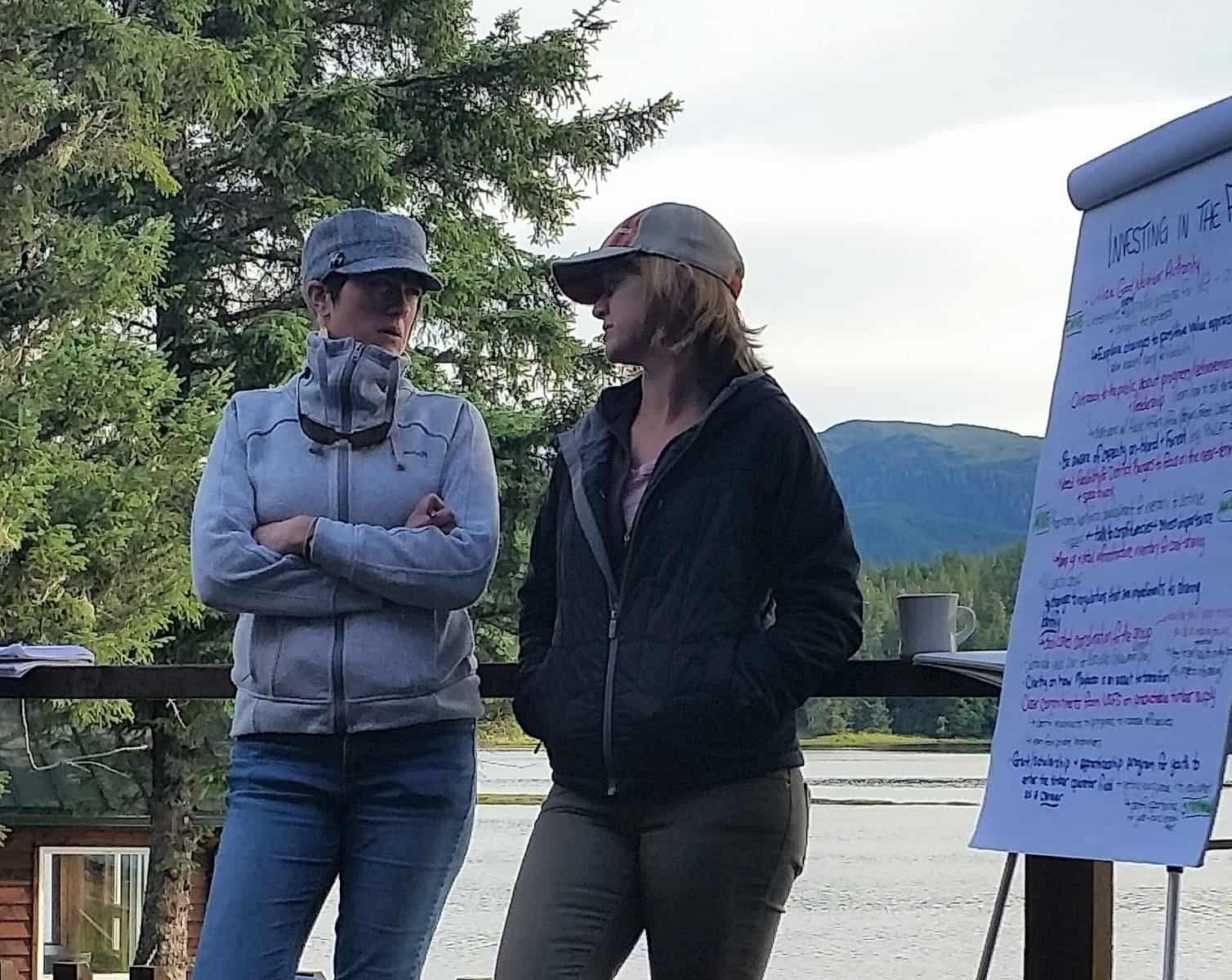The grass is always greener: Can conflicting evidence lead to common ground in the marijuana debate?
2 October 2019To the delight of many of its residents, Illinois recently became the 11th state to legalize marijuana for recreational use. But, of course, not everyone is happy. Both sides of the legalization debate have strongly held beliefs—and, interestingly, everyone is sure that they’ve got the evidence to back up their claims.
Living in Colorado, the first state (along with Washington) to legalize marijuana over five years ago, I’ve heard it all. Some worry that legalization will increase access and use by adolescents, while others claim that it will, in fact, reduce use among young people. Some raise concerns about rising DUIs and traffic deaths, but proponents claim that these issues will improve with legalization. And, as people bring up issues around the black market and organized crime, others are certain that drug cartels and street gangs will be phased out as marijuana becomes more regulated.
As someone that works in conflict resolution, these mirrored arguments tell me one thing: opponents and proponents of marijuana legalization agree on much more than they realize. When everyone is hung up on “us versus them” or “right or wrong” thinking, they are missing the common threads. What I hear is that both sides are concerned about public health and safety—specifically with regards to youth, transportation, and crime. Why do I see these similarities when others only see division? Here are a few reasons:
- Humans rely on shortcuts to make decisions. Given information overload and the need to make constant decisions on a daily basis, our minds create shortcuts, or heuristics, to make our choices easier. We often base decisions on what we’ve heard most recently, or what a friend told us.
- We seek out information that supports our beliefs. Facebook and internet articles are a treasure trove of information that can either confirm or deny our opinions. Given the choice, we choose sources that support what we already “know.”
- Our arguments are informed by the “you’re either with us or against us” approach. Rather than showing curiosity about opposing points of view, we often feel the need to take a side and strongly defend it. Even when we’re unfamiliar with a topic, we respond with what we think others on “our side” would say. With this kneejerk reaction, it proves difficult—if not impossible—to see where we actually agree.
So, where do we go from here? Can we find common ground in the deeply divided debate around marijuana legalization—and on other issues, for that matter? Drawing from years of experience finding agreement on contentious topics around the world, I strongly believe that we can—if people on both sides of the debate are willing to change their thinking.
While the debate is currently framed as a “yes or no” outcome (legalize or not), there are opportunities to create a win-win for all. The first step is to truly understand the underlying issues—by asking questions and actively listening—and then seek solutions that can address the most pressing shared concerns. If we can get beyond the black-and-white framing we so often choose by default, we can find places where we overlap. And, from there, we can think more creatively about potential paths forward.
So, the next time you find yourself in a debate about a polarizing issue, take the time to ask the person on the other side, “Can you help me understand your point of view?” Then, listen with humility and curiosity. Don’t just wait for your chance to respond; take the time to understand what they truly care about. That will be the clue that can lead you to agreement. You may be surprised by the ways in which your values overlap!

Learn more!
Still skeptical that common ground is possible? Check out Meridian's case studies for stories about our work in controversial issue areas—where, against the odds, we’ve achieved mutually satisfying outcomes, implemented solutions, and bridged divides in our often-conflicted world.